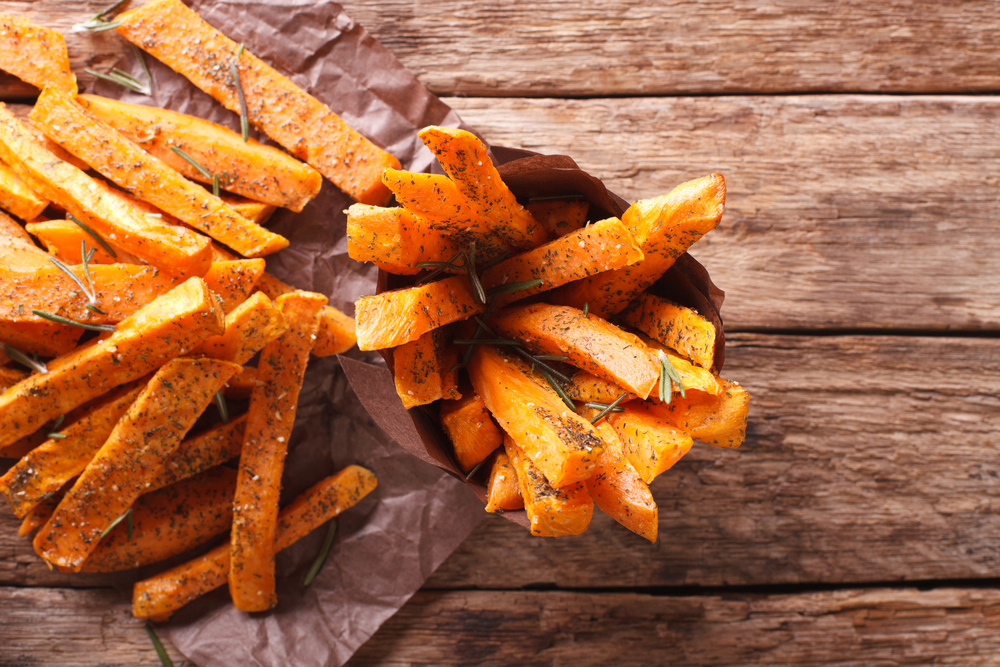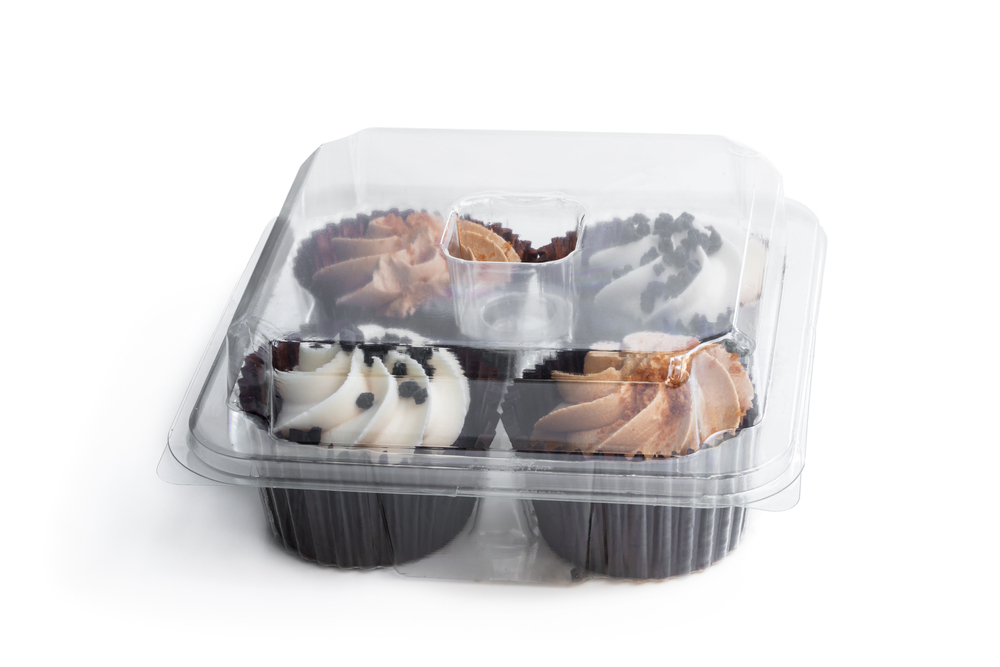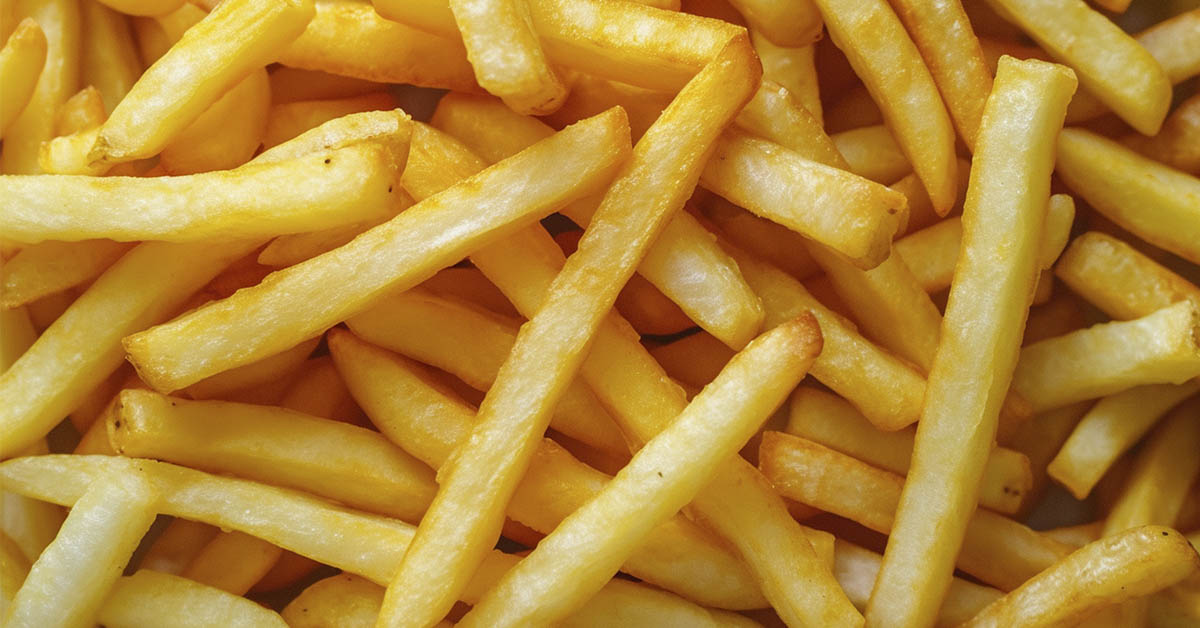When talking about unhealthy foods, the conversation often gets overly black and white. The truth is, not all unhealthy foods deserve total elimination. Some have nutritional value when eaten sparingly, while others are too processed, sugary, or harmful to justify keeping in your routine. Moderation and awareness are key. Knowing which foods can stay on your plate once in a while versus those that need a permanent goodbye can help you build a more sustainable, realistic approach to eating. In this guide, we’ll highlight 10 unhealthy foods that can be enjoyed occasionally without major damage to your health, followed by 10 that nutritionists and health experts agree are better left behind for good.
Pizza

Pizza is often heavy in cheese, sodium, and processed meats, but it doesn’t need to be completely off-limits. When made at home with a thin, whole-wheat crust and topped with vegetables, it can actually deliver some nutrition. A few slices with smart toppings can provide protein, calcium, and fiber. The problems come from stuffed crusts, triple cheese, and greasy meats that pile on fat and calories. If you love pizza, enjoy it on occasion, and balance your meal with a salad or fresh fruit. Choosing homemade or lighter restaurant versions helps reduce the damage. Portion control makes all the difference when indulging in this classic comfort food.
Chocolate

Chocolate, especially the dark kind, contains antioxidants like flavonoids that may improve heart health. When eaten in small amounts, it can satisfy sweet cravings without causing major harm. Aim for chocolate that is at least 70% cocoa and free of sugary fillings like nougat or caramel. A small square or two is enough to enjoy the taste and get the benefits. Milk chocolate and oversized bars loaded with additives offer little nutrition and too much sugar. Make dark chocolate an occasional treat instead of a daily habit. Enjoy it slowly and mindfully, and you’ll find that a little goes a long way.
French Fries

French fries are one of the most beloved but problematic fast foods. They are often deep-fried in unhealthy oils and overloaded with salt. Still, in moderation and when prepared more healthfully, they can be acceptable. Baking or air-frying them at home cuts down on oil and fat. Using sweet potatoes instead of white ones can offer extra fiber and nutrients. Portion control is key – sharing a small serving or having them as a side dish rather than a main item helps. Avoid adding too much ketchup, which can be high in sugar. Homemade versions with herbs and olive oil are a much better option.
Ice Cream

Ice cream is rich in saturated fat and sugar, but it can be enjoyed occasionally if you stay mindful of portions. A small bowl once or twice a week won’t wreck your health, especially if you stick to basic flavors with fewer ingredients. Some plant-based or lower-calorie options can also be a smarter pick. Avoid eating directly from the container, which often leads to overeating. Scoop out a serving, pair it with fruit if you want extra sweetness, and savor it. Skipping heavy mix-ins like candy pieces and cookie dough also helps keep things in check. Enjoy ice cream, but treat it as a true treat.
Burgers

Burgers can be part of a balanced diet when made with the right ingredients. Choose lean meats like turkey or grass-fed beef and top them with vegetables instead of bacon or heavy sauces. Skip the white bun in favor of whole grain options and avoid double patties or fried toppings. Burgers made at home offer better control over portion sizes and ingredients. Try adding avocado or leafy greens for extra nutrients. While fast food versions should be kept rare, a carefully prepared burger every so often won’t derail your progress. Balance it with a side of veggies or a light salad instead of fries.
Potato Chips

Potato chips are salty, crunchy, and hard to resist, but they can be part of your diet in limited amounts. A handful now and then won’t sabotage your health if you avoid large bags and stick to a single portion. Baked chips or those made from sweet potatoes or lentils offer slightly more fiber and less fat. Look for versions with minimal ingredients and no artificial flavors or preservatives. Eating chips straight from the bag often leads to overindulgence, so it helps to portion them into a bowl. You can also make your own at home using thinly sliced vegetables and olive oil. Moderation and mindful eating are essential when it comes to this common snack.
Pasta

Pasta made from refined flour offers little fiber and can spike blood sugar, but it doesn’t need to be eliminated entirely. In moderate portions and combined with the right ingredients, it can be a satisfying meal. Whole grain, lentil, or chickpea-based pasta provides more protein and fiber, making it a better choice. What matters more is what you serve with it. Skip creamy sauces and go for tomato-based or olive oil dressings with vegetables and lean protein. Keeping your serving size to about one cup helps control calories. Cooking it al dente also slows down digestion, which helps you feel full longer.
Processed Deli Meats

Deli meats like ham, salami, and turkey are convenient but high in sodium and preservatives. Eating them in moderation is possible if you choose low-sodium, nitrate-free options and balance them with whole foods. Limit consumption to once or twice a week and avoid heavily processed varieties. Pair deli meat with whole grain bread, avocado, and leafy greens for a more nutritious meal. Better yet, prepare your own roast meats at home so you know exactly what’s in them. Relying on these meats daily increases risks for heart disease and certain cancers, so variety and moderation are key to enjoying them safely.
Energy Drinks

Energy drinks often contain high levels of caffeine and sugar, which can overstimulate your nervous system and cause dehydration. However, drinking one occasionally won’t cause major harm if you’re generally healthy. Choose brands that use natural caffeine sources and avoid those with added sugars or artificial stimulants. Limit consumption to times when you truly need a boost, such as after a poor night’s sleep or during long travel days. Avoid combining them with alcohol, as that can mask intoxication and increase health risks. Regular use is not recommended, but a controlled and informed choice every once in a while is manageable.
Sugary Breakfast Cereals

Many breakfast cereals are loaded with added sugar and artificial coloring, but some lower-sugar options can be enjoyed in small servings. Check labels and choose cereals with at least 3 grams of fiber and less than 10 grams of sugar per serving. Add fresh fruit and unsweetened milk to increase the nutritional value. Eating them occasionally for variety or nostalgia is fine, but they shouldn’t replace more nutritious breakfast staples. Whole oats, Greek yogurt, and eggs offer longer-lasting energy and better protein. If you keep sugary cereal in the house, treat it more like a snack or dessert than a daily breakfast.
Soda

Soda offers no nutritional value and contributes to obesity, type 2 diabetes, and tooth decay. Each can contains large amounts of sugar, often in the form of high-fructose corn syrup, which spikes blood sugar and leads to energy crashes. Even diet versions are problematic, as artificial sweeteners may disrupt gut bacteria and increase sugar cravings. Regular soda consumption has been linked to heart disease and metabolic issues. Water, unsweetened tea, or sparkling water with lemon are healthier alternatives. If you’re used to drinking soda daily, taper off gradually to reduce withdrawal symptoms. Eliminating soda entirely is one of the simplest and most effective steps toward better health.
Margarine with Trans Fats

Old-school margarine brands that contain trans fats are among the worst foods for heart health. Trans fats raise bad cholesterol levels, lower good cholesterol, and increase inflammation in the body. These fats also contribute to heart disease, stroke, and type 2 diabetes. Many countries have banned trans fats, but some products still contain partially hydrogenated oils. Always check the ingredient list, even if the label says “0 grams trans fat.” It’s best to avoid margarine that isn’t clearly free of these harmful ingredients. Instead, use natural spreads like avocado, nut butter, or a small amount of real butter from grass-fed cows.
Packaged Snack Cakes

Packaged snack cakes are full of sugar, trans fats, preservatives, and artificial flavors. While they’re convenient, they offer almost no nutrition and are easy to overeat due to their small size and addictive taste. These treats quickly raise blood sugar and contribute to insulin resistance over time. They also contain ingredients that are difficult for your body to process, like hydrogenated oils and high-fructose corn syrup. Eating them regularly increases the risk of weight gain and chronic diseases. Even occasional indulgence can trigger sugar cravings. There are better dessert options with fewer additives and more whole ingredients. These cakes simply aren’t worth the health risks.
Instant Noodles

Instant noodles are cheap and easy, but they’re extremely high in sodium, refined carbs, and unhealthy fats. The seasoning packets are often loaded with additives and preservatives, including monosodium glutamate (MSG). Regular consumption of instant noodles has been linked to metabolic syndrome, especially in women. They lack fiber, protein, and essential nutrients, making them an empty-calorie meal. While convenient, they train your taste buds to crave overly salty and oily foods. If you enjoy noodle dishes, opt for whole grain noodles and make your own broth using fresh herbs and spices. Leaving instant noodles behind is a smart long-term health decision.
Microwave Popcorn with Artificial Butter

Microwave popcorn may seem harmless, but many brands use artificial butter flavoring and chemical coatings in the bag. These additives can release harmful compounds when heated, some of which have been linked to respiratory problems and other health risks. The artificial butter flavoring, often made with diacetyl, has raised serious concerns in lab tests. Even when the ingredients don’t list trans fats, the oils used may still be heavily processed. Instead, pop plain kernels on the stove or in an air popper and add your own seasoning. This gives you full control over fat and salt levels and avoids the dangers of pre-packaged versions.
Deep-Fried Desserts

Deep-fried desserts like funnel cakes, deep-fried candy bars, and fried dough are calorie bombs with almost no nutritional benefit. They’re typically made with refined flour, sugar, and oil, then submerged in more oil at high heat. This cooking method creates harmful compounds that increase inflammation and may raise the risk of heart disease and cancer. These foods are often served at fairs or fast-food chains, where portion sizes are large and tempting. Even one serving can exceed your daily limit for saturated fat and sugar. Skip deep-fried sweets altogether and choose baked alternatives or fruit-based desserts that still satisfy your cravings without damaging your health.
Flavored Coffee Creamers

Flavored coffee creamers often contain added sugars, hydrogenated oils, and artificial ingredients that have no place in a healthy diet. Many are marketed as sugar-free but still include synthetic sweeteners and thickeners that may harm gut health. A few tablespoons of creamer can quickly turn your coffee into a dessert. Over time, this adds to your daily calorie intake and contributes to weight gain. If you drink coffee daily, those empty calories add up fast. Instead, use a splash of real milk, plant-based alternatives, or even cinnamon for flavor. Saying goodbye to flavored creamers means enjoying a cleaner, more wholesome cup of coffee each day.
Candy with Artificial Dyes

Brightly colored candies often contain artificial dyes like Red 40, Yellow 5, and Blue 1, which have raised health concerns in multiple studies. These dyes may trigger behavioral issues in children and could contribute to inflammation in adults. These candies are also packed with sugar and corn syrup, offering nothing but a quick spike in energy followed by a crash. Unlike dark chocolate, these sweets have no redeeming nutritional qualities. Natural fruit-based candies or dried fruit can offer a safer way to satisfy your sweet tooth. It’s best to avoid candy with artificial coloring altogether for both your long-term and short-term health.
Store-Bought Frosting

Store-bought frosting is often made with trans fats, high-fructose corn syrup, and artificial colors. Just two tablespoons can deliver more sugar than a can of soda and a hefty dose of unhealthy fats. This frosting also lacks any real dairy, relying instead on hydrogenated oils and emulsifiers. Whether it’s on cupcakes or spooned out of the container, this overly processed topping does more harm than good. Making your own frosting at home with butter, cream cheese, and a small amount of sugar offers a better alternative. Eliminating store-bought frosting from your pantry helps reduce your intake of dangerous fats and unnecessary chemicals.
Processed Cheese Products

Processed cheese products like cheese slices, spreads, or canned cheese are far removed from real cheese. They contain emulsifiers, artificial flavors, preservatives, and added sodium that make them shelf-stable but unhealthy. These products melt well and are convenient, but they lack the beneficial nutrients found in real cheese like calcium and protein. Eating them regularly can increase your sodium intake and expose your body to additives with questionable effects. Choosing natural cheeses like cheddar, Swiss, or mozzarella in moderation is a better move. Say goodbye to processed cheese products if you want to clean up your diet without giving up dairy entirely.
Read More: 7 Common Foods That Could Be Making You Feel Tired
Conclusion

When it comes to unhealthy foods, the goal isn’t to live in constant restriction, but to make informed choices. Some foods can be enjoyed in moderation without significant harm, especially if they bring comfort or satisfy cravings in small portions. Others, however, offer no real benefit and carry long-term health risks that just aren’t worth it. By understanding the difference and adjusting your habits, you can improve your overall well-being without feeling deprived. Start by cutting out the worst offenders and gradually limit the rest.
Disclaimer: This article was created with AI assistance and edited by a human for accuracy and clarity.

